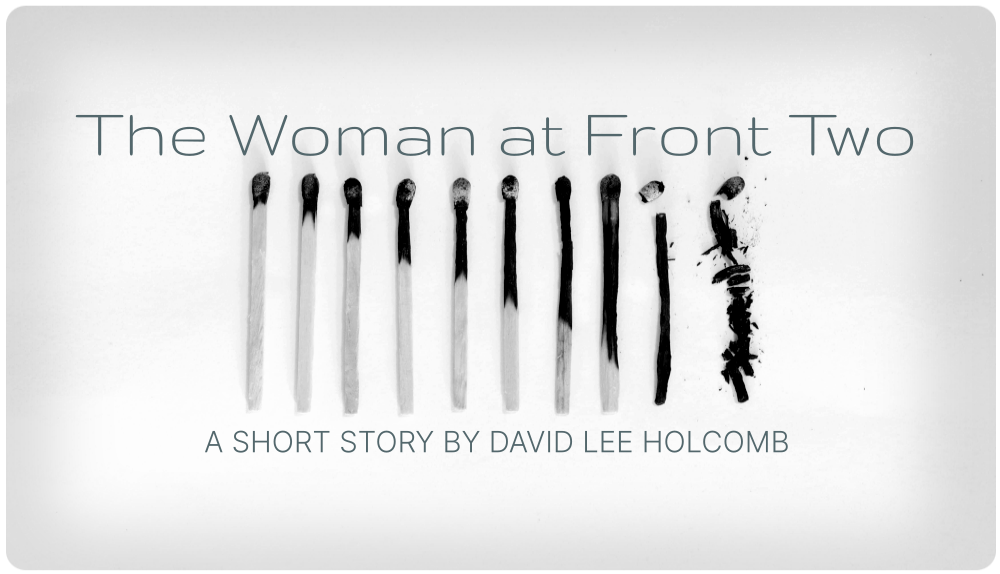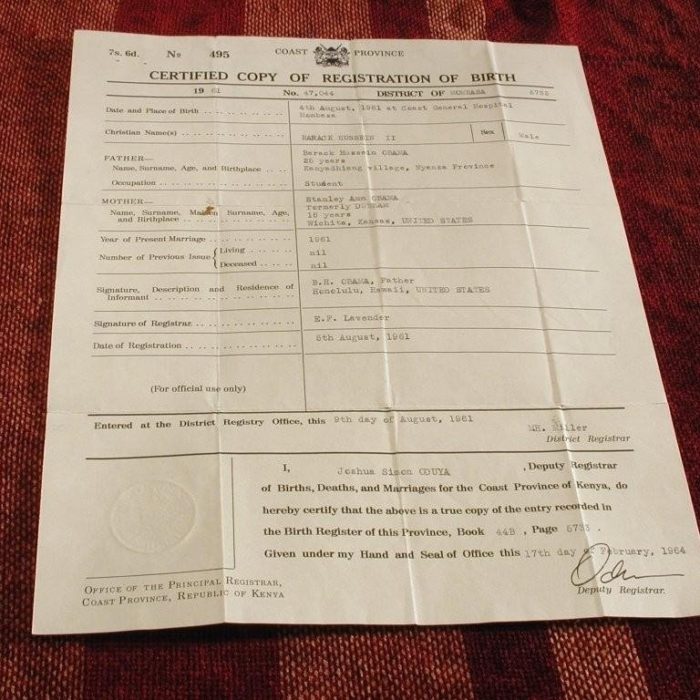Category: Politics and Society
-

“The Woman At Front Two”
•
The woman at table Front Two does not look happy. This seems wildly unfair, given that she is…
-

Prisoners in the museum
•
The classical Greek conception of the afterlife was not a particularly attractive one. In Homer’s universe, the vast…
-

A Likely Story
•
We all have our own sacred cows, ideas that are so deeply embedded in our psyches that we…
-

Paddling Point Nemo
•
Any time you have more than one person in a room, you’re going to have differences. Despite these…
-
Really and truly.
•
Voltaire pointed out in 1733 that “The interest I have in believing a thing is not a proof…
-

Elaine, let’s get the hell out of here.
•
Elaine de Kooning once recalled a party where she and another painter, Joan Mitchell, were asked, “What do…
-
A mess of gooey, gluey, goodness.
•
We turn to memes and tweets, chewy little mouthfuls of snark, savoring the ones that appeal to us,…
-
What rough beast?
•
Unfortunately, the machinery of governance was big and spooky and dangerous and the only people who knew which…
Recent Posts
Social Media & Email
Sign up for email notifications!
Click here to get on my mailing list for advance info and excerpts from upcoming work and events. Just put “Mailing List” in the subject line.




